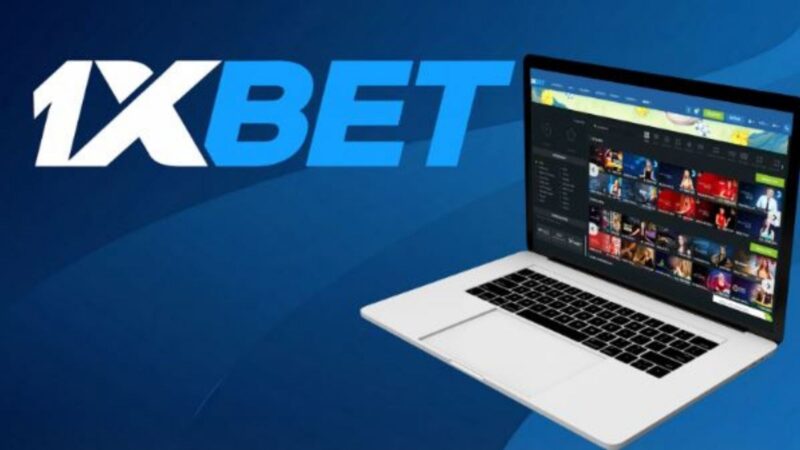
The iGaming market continues to grow by the day, and players now have many more options to try their luck. However, this growth comes with its own challenges. Diverse legal frameworks are a problem the industry needs to solve to expand further, and this may not be as easy as it sounds. Here, we take a look at some of the most important regulatory challenges affecting the iGaming industry globally, especially international platforms like casino ICE.
Regional Fragmentation
This means that there are no global standards. Each country, and in some cases even regions within countries, has its own regulations on how legal gambling should be managed. License requirements, tax structures, advertising restrictions – these and more vary in each country. The lack of standardization is a major problem, especially for small and medium-sized iGaming operators, as they lack a team of experts and the budget to keep track of all these different regulations. Therefore, even if they are promising, they cannot expand beyond a few specific regions. This problem results in the industry being largely controlled by certain operators, and others find it difficult to challenge them.
Enhanced Consumer Protection Measures
This issue is an extension of the above and is linked to responsible gambling. This term includes a range of legal measures and restrictions used to protect players, such as deposit limits, self-exclusion options, and time limits. But once again, each country/region has different regulations on what exactly responsible gambling should entail. For example:
- In the United Kingdom, UKGC-licensed online casinos are not allowed to take credit card payments. The UK also requires much more restrictive betting limits for players it defines as “high risk”.
- In the United States, microbetting is banned in many states, but tribal casinos are allowed to offer this option both in their establishments and on their websites.
- Malta (MGA) licensed casinos must not use an encouraging tone in their bonuses and promotions.

These measures are obviously taken to prevent problem gambling, and iGaming operators have no problem with them, but they need to invest heavily in monitoring tools and compliance systems to be compliant. For example, an online casino has to use different restrictions for members in Europe and different restrictions for members in Canada. This requires tracking and verifying the geographical location of players. Small-scale online casinos are unable to offer their services to most geographical areas because they don’t have the budget to do so.
Data Privacy and Security
Unfortunately, regulations on the collection, processing, and storage of user data also differ in almost every country. In some cases, it is not possible for an operator to comply with all of them without moving its servers to that country. For example, for European Union member countries, the GPDR provisions apply. An operator that wants to accept members from a country within the European Union has to comply with all of these provisions, no matter where in the world it is headquartered.
That in itself is not a problem, but when you want to offer services in different geographical regions, too, you find that each one has different standards for data privacy and security. For the Middle East and Asia, this can be a real problem because, as we mentioned above, some countries do not allow operators that do not have servers within their borders to offer their services to citizens of that country. Other countries want complete control over user data. By complying with the requirements of one country, you may be violating the privacy laws of other countries. This severely limits brand visibility and growth opportunities.
Marketing Restrictions
Another thing that limits brand visibility and growth opportunities is the regulation of marketing channels. This requires a different marketing strategy for almost every country – the number of operators that can develop different strategies to comply with dozens of different regulations is extremely limited.

For example, although gambling is legal within certain restrictions, in Bulgaria and the Netherlands, there is virtually no way to advertise – you can’t use any channels other than social media. In the United Kingdom, gambling advertising is allowed to a certain extent, but there are very strict regulations on what the content can be.
Emerging Technologies and Payment Methods
iGaming is also now utilizing blockchain and artificial intelligence technologies. AI is used for analyzing user data and blockchains for player payments. They can be used for much more than that, but there is no regulation for either. This forces operators to be very cautious and self-restrictive.
For example, a casino could make all of its payments to players automatic and instantaneous. The smart contracts feature on the Ethereum blockchain makes this possible. When a certain action happens, these contracts can automatically perform another action. So, for example, if a player wins in a game, the payout could be instant and reach the player within a few minutes.
However, doing so can also lead to license revocation. Cryptocurrencies are anonymous by their nature, whereas online casinos have to verify and store user information as part of their license conditions. So, they cannot offer truly anonymous payments, which means that one of the most important features of blockchain technology is not available. Likewise, they cannot offer instant payments that do not require approval, as every request must be checked under AML – KYC regulations.
The fact that the current regulations are not in line with current technology severely limits the use of technologies that could offer many advantages for both players and operators. In other words, sometimes the problem is not the standard of regulation, but the lack of regulation at all.
Some of these challenges have no real solution: for example, we can’t expect there to be a global regulatory standard for iGaming; countries will always have their own regulations, and they will always differ. But at least for AI and blockchain, this might be possible. The emergence of regulations that set relatively global standards for these technologies will allow the iGaming industry to grow much faster and healthier.










